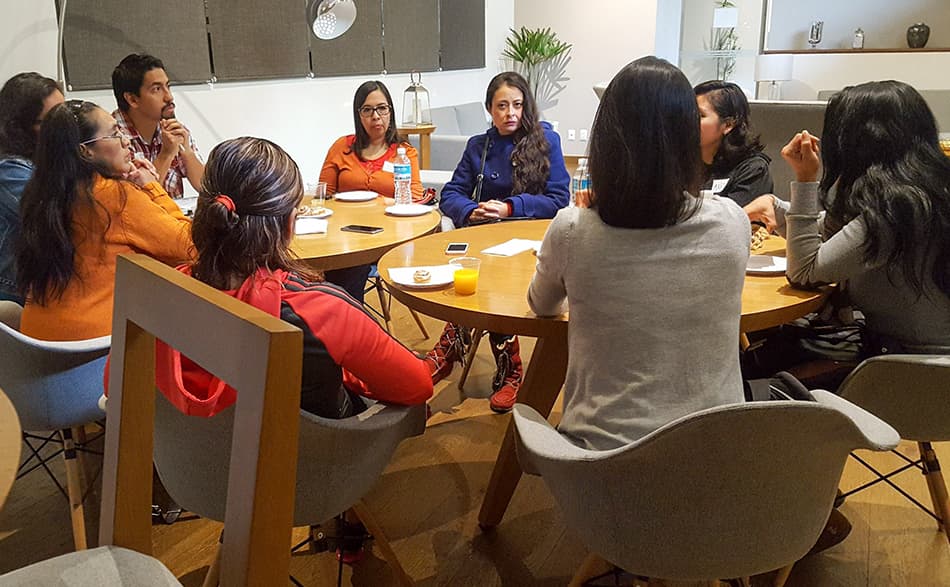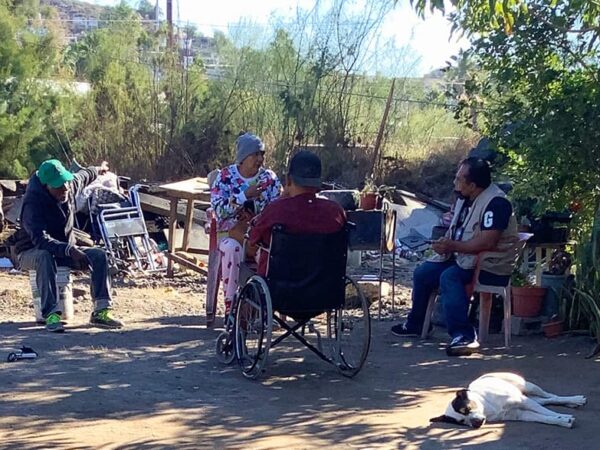
We already have the Social Impact Assessment, and then what?
The entire process of Social Impact Assessments remains under an aura of uncertainty. Doubts and questions from academia, investors, non-governmental organizations and private consultants prevail in the very meaning of the existence of these evaluations.
This lack of clarity in the government’s real purpose and commitment to include and care for communities in energy development causes questions on both its intentions and its ability to address and manage social risks associated with infrastructure development and operation.
Developers, who usually have little formal experience in dealing with social issues beyond the contingent, turn to consultants to obtain the Social Impact Assessment with SENER’s approval. However, having this requirement approved does not imply that managers or operators are familiar with the social problems or with the commitments made by the company to the communities in the Assessment.
In real projects, it is necessary to account for how mitigation measures, communication or community outreach plans are being implemented, and what are the results like for the developer, for the community, for local governments and even at the national level.
In practice, I have noticed that the proposed social management plans can be very ambitious or very superficial, but generally they do not have the basic elements for an efficient and monitorable implementation, and do not contemplate contingency plans when the plan is not going as expected either in terms of time, results, resources, etc.
The Ministry of Energy (SENER) accepts Social Management Plans, but it is understandable that its faculties do not include to ensure that each of them is carried out as the proponent suggests. If it does not have enough internal planning or human resources to deal with the assessment processes, it is difficult to expect it will follow up closely and punctually on the application of the content of the evaluations. The promoters do not know what happens or under what parameters they can be sanctioned in case of failure in the application of the Plans, the communities have no information about the obligation of the companies to maintain active channels of communication and to manage nonconformities or fears, etc.
The issue needs to gain more strength in order to define institutionally why, to whom it concerns and to what extent the government is committed to the inclusion of the communities as part of and not only as affected by development. Not doing so will bring problems to specific communities, as has happened so far, but in aggregate it may become an element that gives reason to those who think that the opening of the energy market brings more harm than benefits to the whole country, beyond the potential benefits it generates for investment groups.
By Ana E. Suárez Zamudio | I also write for: Oil & Gas Magazine






